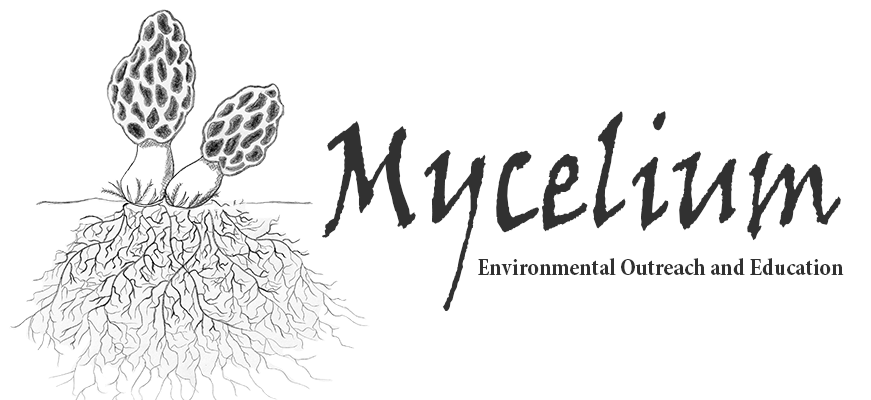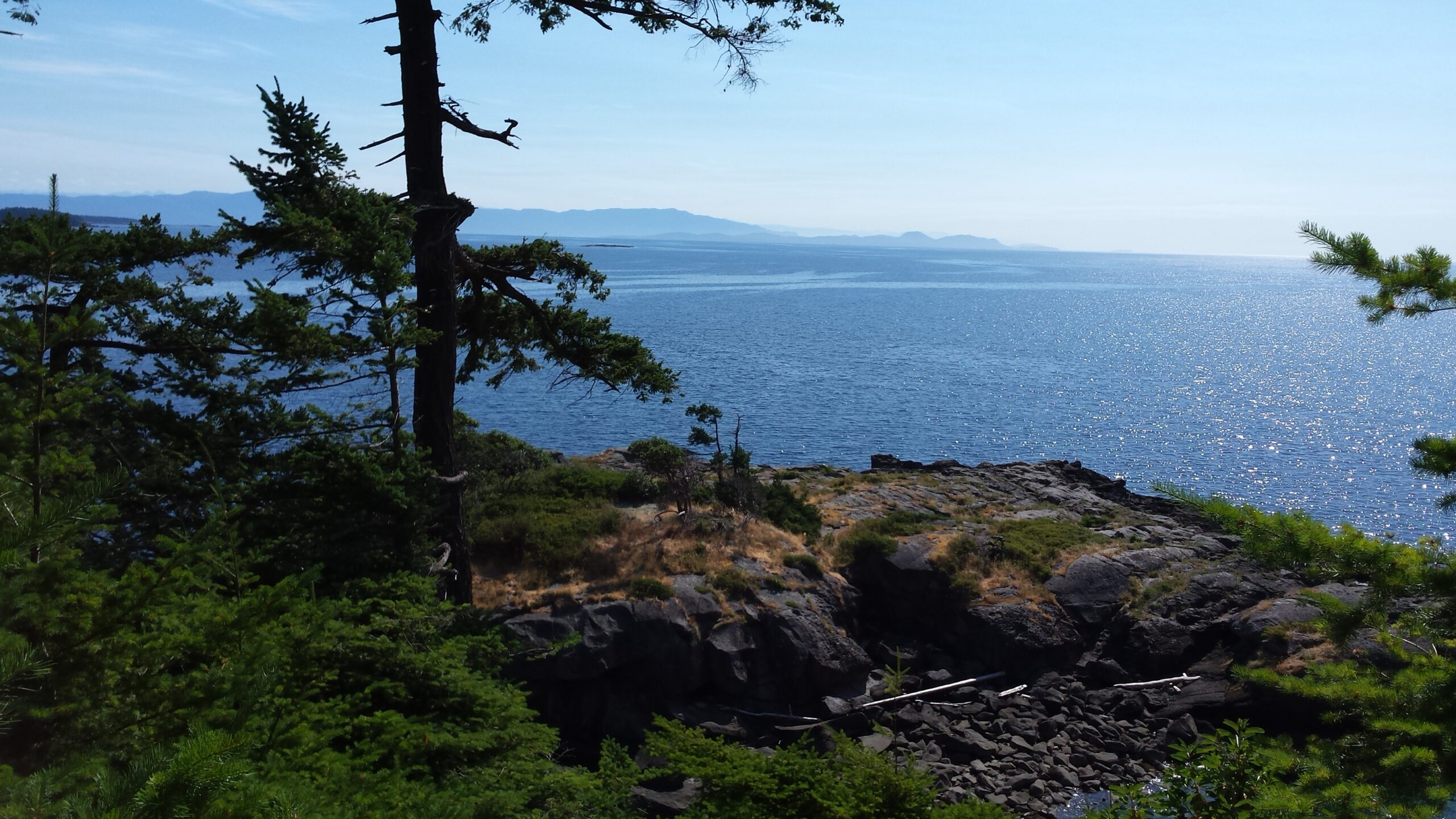Mission Statement
Mycelium Outreach seeks to foster a more sustainable, just, and equitable world for future generations through shared knowledge, experiences, and a love for the natural world around us.
Our Values & Ethics
Presidential Executive Orders do not scare us.
- Diversity: Diversity, be it in nature or human society, is important for life to thrive. Just like any major ecosystem, the more diverse the system, the more resilient. The same holds true in our society where diversity brings with it shared knowledge, compassion, empathy, and understanding.
- Equity: In today’s society, we are stratified along every possible difference: class, race, gender, physical or intellectual ability, financial capital, etc. It’s not by coincidence. In the company town days, coal companies intentionally separated workers in pay-scale and living situations based on their nationality and skin color, all to keep them bickering and divided rather than organizing for better treatment. Like our early union ancestors, we seek to dismantle systems that benefit from inequality.
- Inclusion: For as long as civilization has existed, people have been excluded for innumerable, and often prejudicial, reasons. Simply put, we aim for a society of open minds and hearts where everyone is not just “heard,” but are included in the important work we have ahead.
- Justice: There is no denying it. Minorities are systemically (and systematically) denied resources, education, and dignity. Like Martin Luther King, Jr., we recognize classism, and the economic systems that support it, as the root cause impacting people from all walks of life. We seek to collaborate with those who have been denied, abused, exploited, and otherwise grossly mistreated so that we may connect our communities and build a more equitable and just society for generations to come.
Statement on Environmental Stewardship
Having grown up in the coalfields, knowing first hand the human and environmental tolls of coal extraction, it is difficult to ignore the reasons our mountains and communities have suffered. We live in a first world nation where every comfort, convenience, and item consumed comes with externalized costs. In other words, everything we use comes at the cost of other people and other places.
As such, we commit ourselves to using only what energy and resources are necessary to live and work promoting widespread sustainability throughout our nation and beyond. We are realistic, and understand that it is nearly impossible to do this work without using fossil fuels and other non-renewable resources. Nevertheless we still strive at every moment to reduce these impacts, balancing the necessity of this work with the environmental and human impacts it creates. We work diligently to consume only sustainable, responsibly, and ethically sourced foods and goods while seeking the most practical, efficient, sustainable methods of transportation possible for ourselves and our equipment.
Unfortunately, more sustainable long distance transportation comes with additional costs, as does sustainable food and goods. While we do what we can to mitigate financial costs, including work-trades, it is still necessary to purchase much of what we need. Just as we try to mitigate climate change through sustainable living practices, we aim to mitigate unethical industries and worker treatment with our purchasing as well. We prefer to pay the higher costs in support of local, small scale sustainable producers. Naturally, this conflicts with our ability to offer low-cost/no cost workshops and presentations to communities.
We actively accept donations to help us afford the increased cost burdens of living and working sustainably. For a non-tax-deductible donation, please click here. For tax-deductible donations please contact us directly.
Our “Business” Model
Mycelium Outreach operates as a social enterprise without profit-maximization. In other words, we are human beings trying to work on enormous problems: catastrophic human-caused global climate change, biodiversity collapse and the social, economic, and environmental injustices that deny billions of people health, happiness, equality, and justice. As we work to educate and inform about issues, their causes, and ways we can mitigate them, we seek only enough financial support to fund this work and to pay for ethically and sustainably sourced necessities.
Who We Are

Nick Mullins grew up in the coalfields of southwestern Virginia where he spent much of his youth exploring the bio-diverse Appalachian forests surrounding his home, traipsing through creeks, foraging mushrooms with his family, and hunting and fishing with his father. But in coal country, nothing stays the same forever. As a teenager, Mullins witnessed first-hand the destructive forces of mountain top removal coal mining (MTR) when A&G Coal Corporation irreparably destroyed the ridge and valley behind his home, including their family’s water source. Despite his admonishment of surface mining, economic necessity eventually led Mullins to become the fifth generation to enter the underground coal mines, an experience that had a lasting impact on his perspectives regarding socioeconomics and human-environment interaction. He eventually left the industry to pursue justice for his mountain home, joining in environmental movement against MTR and other coal industry abuses. In 2011, he moved his family away from coal mining’s negative environmental health impacts and applied to Berea College where he focused his studies on sustainability and environmental studies and environmental communication before graduating with honors. In the years since, he’s spent time traveling, pursuing graduate studies, and working toward sustainable community development with his most recent work involving the development and instruction of a STEAM-based Energy Systems Technology program within a rural high school career and technical education center. Mullins’ commentary on environmental and Appalachian issues has also been featured in national publications including The New York Times, The Washington Post, The Huffington Post, Yes! Magazine, and others.
Elizabeth Mullins spent the first part of her life in the declining neighborhoods of Paterson, New Jersey, where her family struggled through the economic adversities of a city in economic crisis. Her family eventually moved to West Paterson (now Woodland Park), where she spent much of her youth exploring the banks of the Passaic River and forested remnants of the Morris Canal. Elizabeth attended Caldwell College (now Caldwell University) in hopes of becoming a teacher before coming face to face with the systemic issues of public education and its inability to meet children where they are. She instead rededicated her time and studies to pursuing acts of service within the campus ministry, including multiple trips to Appalachia performing home repairs for the underserved, distributing food and clothing to homeless populations in New York City through the Midnight Run program, as well as mission work in Belize. Following graduation, she spent two years as a long-term volunteer with the Christian Appalachian Project, working in a local food pantry. After meeting Nick and joining the Mullins clan, she became deeply involved in environmental justice work and sustainability outreach. She eventually re-realized her passion for teaching when she became involved in a high school culinary arts program and sought to incorporate aspects of local sustainable agriculture and proper nutrition into the curriculum, encouraging students to adopt healthier habits in their cooking.



What the heck is Mycelium anyway?
Mycelium is the part of fungi we don’t often see. In the most basic sense, it is an organism of tubes and fibers living beneath the soil surface. But recent research has shown that it is more than just a simple organism existing out-of-sight, out-of-mind. Scientists have discovered that mycelium forms a symbiotic relationship with other plants, and in the case of forests, it allows for connection between trees. Mycelium acts as a web that transports nutrients—and even information—to other lifeforms coexisting within the forest biome.
We chose the name “mycelium” because, like forest ecosystems, we are part of a larger web of life (to draw from indigenous knowledge). Within this web, our actions can have either positive or negative effects on our environment and each other. As we work to inform, educate, and spur critical thought, we also seek to create deep rooted connections between one another, sharing information, experiences, and knowledge that will help restore and protect our natural world so that we all may thrive.

